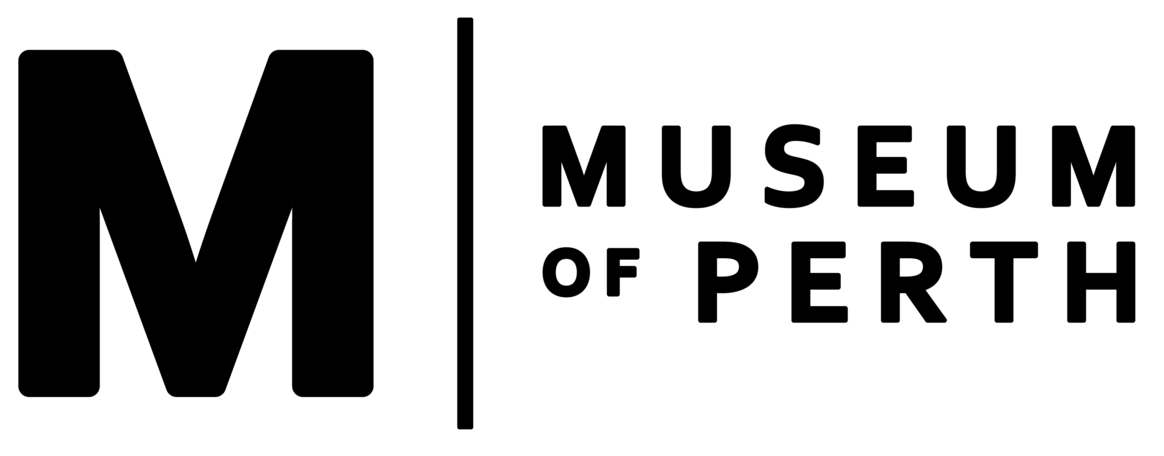1st Light Horse Regiment Captain John Bingham Higginson
John Bingham Higginson was born in Warwick, Queensland, on 27 October 1873, the son of James Clinton and Eliza Higginson. Keenly intelligent, he attended Brisbane Grammar School and studied Law at Shrewsbury School, in England, after which he qualified as a solicitor. He was also a talented footballer.
During the Boer War he served with both the 2nd and 5th Contingents of the Queensland Mounted Infantry and was severely wounded, being shot in the thigh, in February 1902 during the ‘Onverwacht Disaster’. He returned to Australia after hostilities ceased, at the rank of lieutenant, and was awarded a Queen’s South Africa Medal with three clasps and a King’s South Africa Medal with two.
While away, John had written home to his family and his letters were often published in the newspapers. Unsurprisingly he had a flair for writing, and his articles were read with great interest, leading to a career change from law to journalism.
In Brisbane on 30 April 1903 he married Brisbane lass Mabel Rose Stanley, and they immediately departed for Papua where he served with the Armed Native Constabulary. On their return to Brisbane in 1907 John wrote about the cannibals, dysentery and malaria he’d encountered in ‘Memories of Papua’, published in 1908.
By this time he and Mabel had three children: Stanley born in 1905, Wynyard in 1907 and Betty in 1908. Clinton and Frank were born in 1910 and 1912 respectively. A little girl, Mary, was born in 1913 but died in infancy.
By early 1915 the family had moved to Darlinghurst, a suburb of Sydney, NSW. John (41) was then a lieutenant in the militia but in August, after six months at Officers’ Training School, he was commissioned as a captain in the Australian Imperial Force. He embarked in Sydney on Marere in command of the 1st Light Horse Regiment, bound for Egypt. The ship stopped briefly in Fremantle, during which John visited the Dease Studio in Perth, where this photo was taken. On arrival in Egypt January 1916 he joined the Western Frontier Force which was engaged in the Sensussi Campaign (November 1915 to February 1917).
John was a popular commander, known as being a ‘dinkum’ officer. One night, not long after he’d arrived, he entered a Cairo bar and saw some Light Horsemen enjoying themselves. They were very merry and he left them to it. A little while later he heard them calling boisterously across the bar. He turned towards them, smiled, nodded and turned back. The well-liquored lads then poured themselves noisily onto the street.
Later, when John called for his bill, he staggered at the outrageous amount. Demanding an explanation, he was told the group of Light Horsemen had promised he would settle their account. When management questioned this, the lads had called out to him and, because he’d smiled and nodded, they took it for assent. Put out, he paid the account but, a few days later, was able to laugh about it.
In September 1916 John was promoted to temporary major and sent to Zietoun for a month’s training at the Imperial School of Instruction. Possibly because the Sensussi Campaign was drawing to a close, he then relinquished his rank and retired in January 1917. He embarked on Bulla at Suez on 29 May, returned to Sydney on 8 July and was discharged from the AIF the next day.
John then resumed work as a journalist, later working for The Bulletin in Sydney.
He was fatally injured in an accident and died on 26 January 1939. He was survived by his five children, Mabel having predeceased him in 1927.
https://www.thesoldiersofbarrackstreet.com/captain-john-bingham-higginson?rq=higginson
Photographed at the Dease Studio, 117 Barrack Street Perth WA
Image courtesy of the State Library of Western Australia: 108505PD
